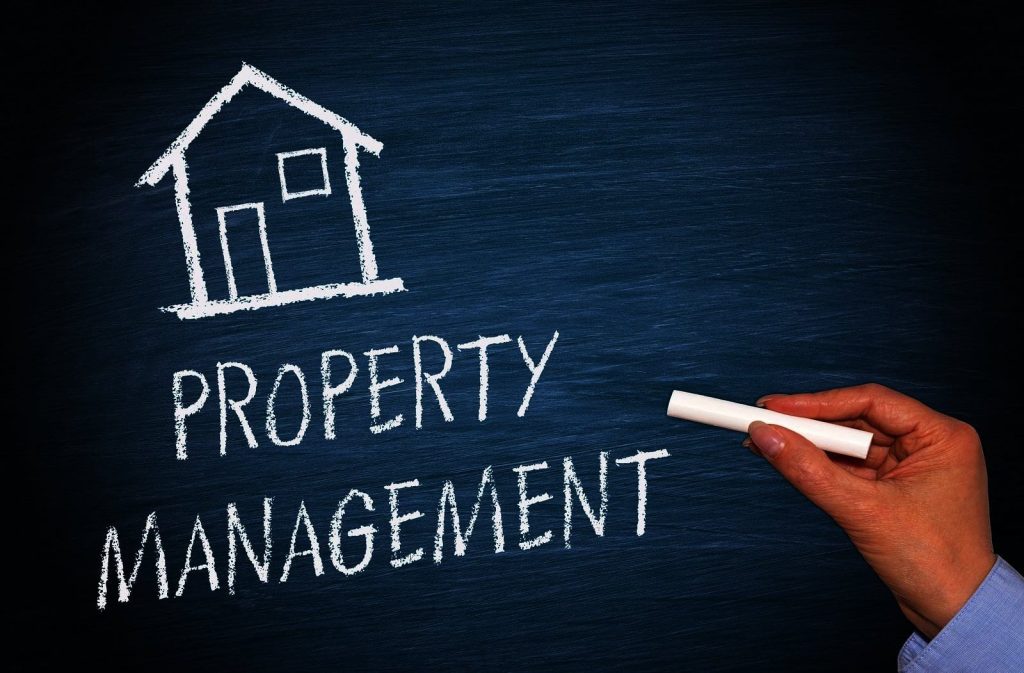
At Oakloop Properties, we understand the critical importance of striking a delicate balance between tenant rights and property owner rights in property management. In the evolving landscape of real estate, ensuring harmonious relationships between tenants and property owners is paramount. Let’s delve into the intricacies of this dynamic, exploring the rights, responsibilities, and strategies to maintain equilibrium in Cypress property management policies.
Understanding Tenant Rights
Defining Tenant Rights
Tenant rights encompass a spectrum of legal protections afforded to individuals or entities renting or leasing property. These rights are designed to safeguard tenants from unfair practices, ensure habitable living conditions, and uphold their contractual agreements with property owners.
Key Components of Tenant Rights
- Right to Habitability: Tenants have the right to dwell in premises that meet basic standards of habitability, including adequate sanitation, structural integrity, and essential utilities.
- Right to Privacy: Tenants are entitled to privacy within their rented premises, barring lawful circumstances such as property inspections or repairs.
- Right to Fair Treatment: Tenants have the right to be treated fairly and without discrimination based on race, religion, gender, disability, or other protected characteristics.
- Right to Due Process: Tenants are entitled to due process in eviction proceedings, including sufficient notice and the opportunity to contest grievances.
- Right to Repairs and Maintenance: Tenants have the right to prompt repairs and maintenance for issues affecting habitability, as outlined in their lease agreements.
Navigating Property Owner Rights
Defining Property Owner Rights
Property owner rights pertain to the legal privileges and authorities granted to individuals or entities who own real estate assets. These rights encompass a range of powers related to property management, occupancy, and financial interests.
Key Components of Property Owner Rights
- Right to Rent Property: Property owners have the right to rent or lease their properties to tenants, subject to legal regulations and contractual agreements.
- Right to Collect Rent: Property owners have the right to collect rent payments from tenants in accordance with lease agreements and applicable laws.
- Right to Manage Property: Property owners have the right to manage their properties, including decisions related to maintenance, repairs, and tenant selection.
- Right to Evict: Property owners have the right to evict tenants for lease violations, non-payment of rent, or other lawful reasons, following due process as outlined by local regulations.
- Right to Property Value Appreciation: Property owners have the right to benefit from the appreciation of their property values over time, potentially increasing their investment returns.
Harmonizing Tenant and Property Owner Rights
Strategies for Balancing Rights
- Clear Communication: Establish open and transparent communication channels between tenants and property owners to address concerns, resolve disputes, and clarify rights and responsibilities.
- Fair Lease Agreements: Draft lease agreements that clearly outline the rights and obligations of both tenants and property owners, ensuring mutual understanding and adherence to legal standards.
- Proactive Maintenance: Implement proactive maintenance strategies to address property issues promptly, minimize disruptions for tenants, and preserve the value of real estate assets.
- Responsive Management: Adopt responsive property management practices to address tenant inquiries, maintenance requests, and lease compliance issues in a timely and respectful manner.
- Legal Compliance: Stay informed about relevant laws, regulations, and best practices governing tenant-landlord relationships, ensuring compliance to protect the rights of both parties.
Conclusion
Achieving a harmonious balance between tenant rights and property owner rights is fundamental to effective property management. By understanding and respecting the rights of both parties, implementing clear policies, and fostering open communication, property managers can create conducive environments that promote mutual respect, satisfaction, and long-term success in the rental market.
Frequently Asked Questions (FAQs)
- Can a property owner enter the rented premises without permission? Property owners must typically provide notice before entering rented premises, except in emergencies or other legally permissible situations.
- What recourse do tenants have for unresolved maintenance issues? Tenants can escalate unresolved maintenance issues to relevant authorities or pursue legal remedies as outlined in their lease agreements or local tenant rights laws.
- Can a tenant withhold rent for habitability issues? In some jurisdictions, tenants may be entitled to withhold rent or pursue other remedies if habitability issues persist despite repeated requests for repairs.
- What rights do tenants have during the eviction process? Tenants facing eviction generally have the right to contest the eviction, seek legal assistance, and remain in the property until a court order mandates their departure.
- Are property owners liable for injuries sustained by tenants on the premises? Property owners may be liable for injuries sustained by tenants on the premises if negligence or unsafe conditions contributed to the accident, subject to legal evaluation.
- Can property owners increase rent arbitrarily? Property owners typically cannot increase rent arbitrarily but must adhere to legal requirements, including providing sufficient notice and complying with rent control regulations where applicable.
- What constitutes unlawful discrimination in tenant selection? Unlawful discrimination in tenant selection includes refusing to rent to individuals based on protected characteristics such as race, religion, gender, or disability.
- Are there restrictions on the types of repairs property owners must undertake? Property owners are generally responsible for maintaining habitable living conditions and addressing essential repairs outlined by law or specified in lease agreements.
- Can tenants sublet rented premises to others? Tenants may be permitted to sublet rented premises to others with the consent of the property owner, subject to contractual agreements and legal restrictions.
- How can property owners protect themselves from tenant disputes? Property owners can protect themselves from tenant disputes by maintaining comprehensive lease agreements, conducting thorough tenant screenings, and seeking legal advice when necessary.